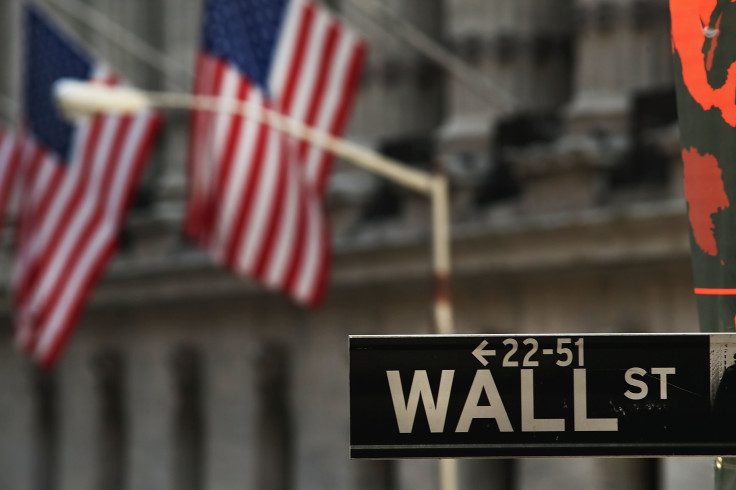Good Company News Is More Likely Announced Around The Time CEOs Sell Shares, Report Finds

Companies sometimes delay the release of good news about performance to maximize the amount of money CEOs get from selling their shares, according to a study of regulatory filings released Monday by the National Bureau of Economic Research, a nonprofit organization devoted to economic analysis.
Company news moves stock prices, which is why trading rules require market-moving news to be released to everyone at the same time. A level playing field, the logic goes, is important for giving all investors equal access to company information so everyone has a fair shot at buying or selling stock. But companies get to decide when some news is released to the public and the timing can play a crucial role in allowing executives to gain the most value from their shares.
“The news releases [with positive tones] lead to temporary increases in the stock price and trading volume,” the 49-page report concluded. “CEOs exploit these temporary effects.”
The practice underscores the inherent advantage company insiders have over everyone else when trading stock in the companies they oversee and offers strong evidence corporate press releases are sometimes delayed to boost CEO pay. Meanwhile, investors are buying or selling the company’s shares without access to information CEOs withhold for personal financial gain.
The research conducted by economists from the U.S., U.K., France and Singapore looked at U.S. regulatory filings from 1994 to 2005 and identified instances where CEOs were granted stock or stock options to sell at a later specified date, usually three to four years later. Then they looked at when those shares were sold from 2006 to 2011 and looked for any correlation between the releases of company news and when CEOs sold their stock.
The data concluded 5 percent more positive, stock-pumping news is released in months when CEOs are scheduled to sell shares given to them as part of their compensation. The median CEO sold all of his or her equity from these stock options within seven days of the release of good news, a period when the company’s stock price spikes as investors buy shares on the positive development. And the researchers found evidence that press releases are either rushed or delayed to make them coincide with when a CEO cashes in.
“We show that a CEO’s contract affects firm behavior; moreover it affects not just corporate decisions ... but also the firm’s information environment,” the report said. “This result links corporate finance to financial markets.” In other words, stock-based compensation packages are warping when a publicly listed company decides to make information available to the public, which can have a detrimental effect on decisions made by stakeholders.
Read the report here.
© Copyright IBTimes 2024. All rights reserved.












